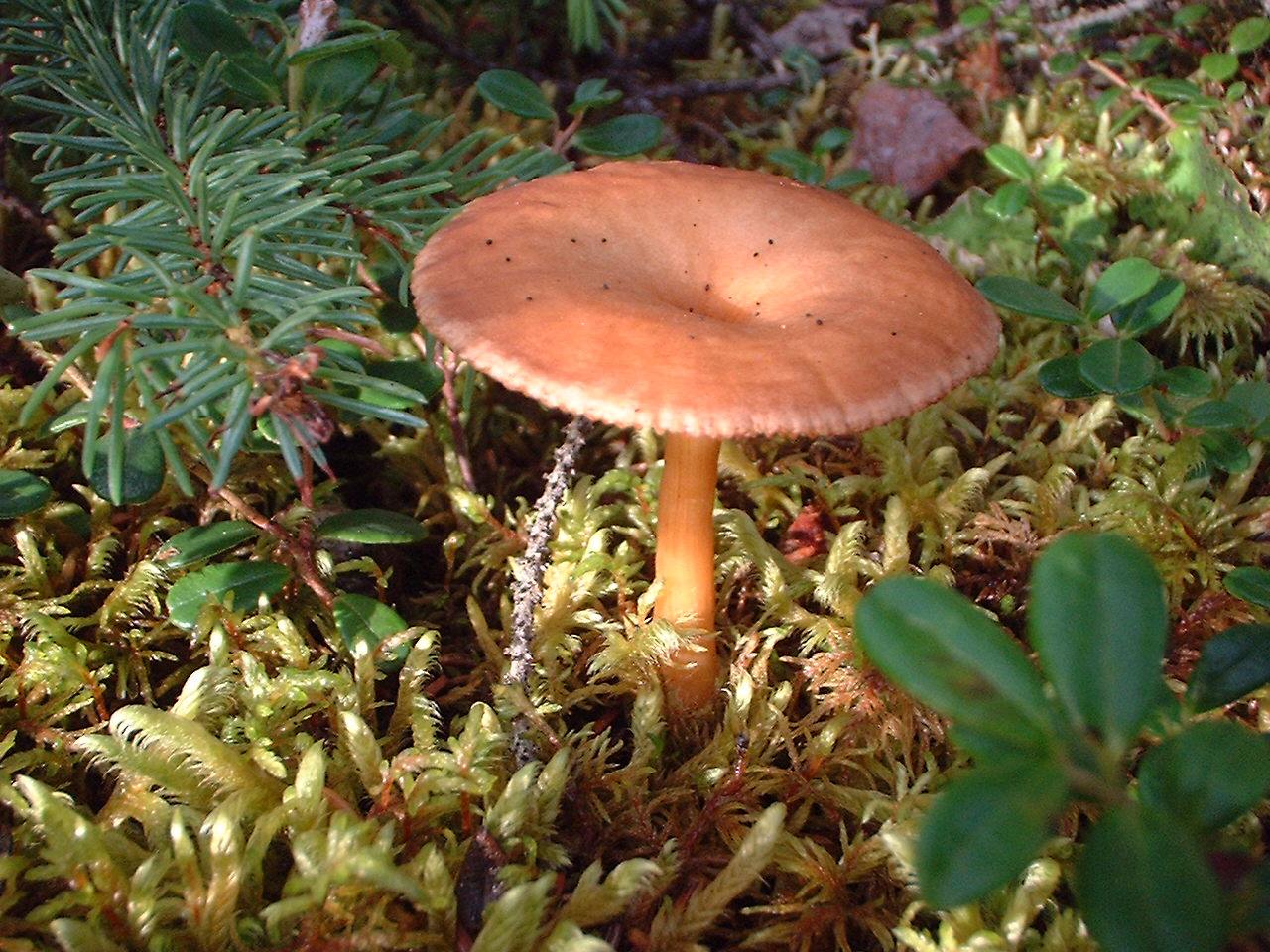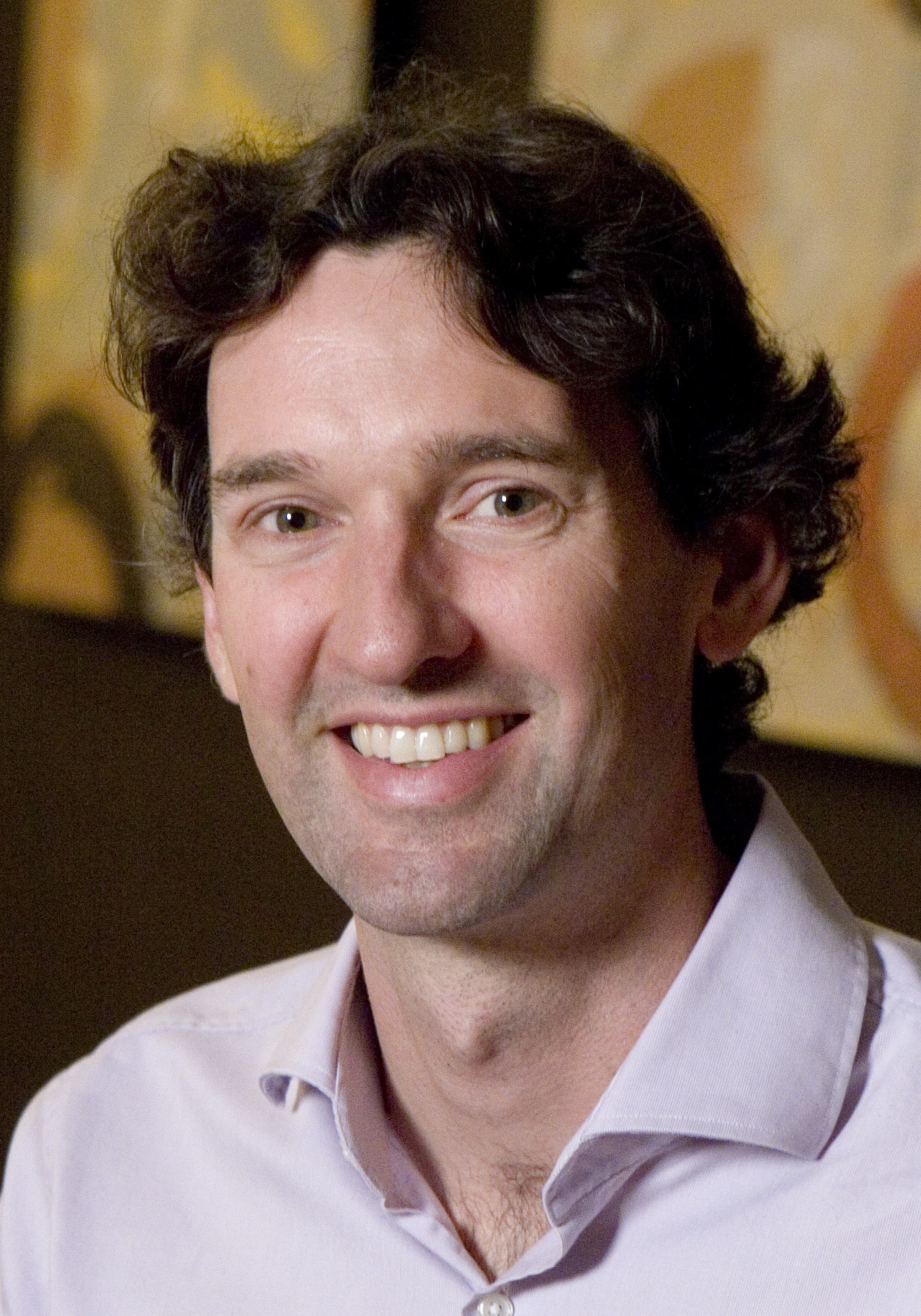Welcome to the Allison Lab!
Applying empirical and theoretical approaches to understand microbial processes under global environmental change
The Allison Lab
The Allison Lab studies the implications of climate and environmental change for ecosystems around the globe. At scales from genomes to the entire planet, we combine experiments and models to analyze the diversity, functioning, and evolution of microbial life. Using a transdisciplinary approach, we apply this insight to improve predictions of carbon cycling and climate feedbacks. Principles of safety, equity, transparency, and open-mindedness guide our research culture and provide a supportive environment for individuals from diverse backgrounds. We embrace team-based thinking that engages multiple perspectives and prioritizes social justice in solving environmental problems. Through training and mentoring, we strive to learn from one another while elevating the collective impact of our research.




Drought responses

Microbial traits

Soil carbon modeling
Steven D. Allison, Ph.D.
Professor, Ecology & Evolutionary Biology
School of Biological Sciences
Dr. Allison is a Professor of Ecology in the Department of Ecology and Evolutionary Biology with a joint appointment in the Department of Earth System Science. He holds a PhD in Biological Sciences from Stanford University. As part of the University of California’s Carbon Neutrality Initiative, Dr. Allison was named the UC Irvine Climate Action Champion in 2016. More recently, he has been elected Fellow of the American Association for the Advancement of Science, the American Academy of Microbiology, and the Ecological Society of America. Dr. Allison teaches ecosystem ecology and directs the Newkirk Center for Science and Society at UC Irvine. His research addresses the resilience of microbial communities to drought and the effect of rapid climate change on carbon losses from southern California ecosystems. Dr. Allison is also building new mathematical models that incorporate feedbacks among microbial communities, carbon cycling, and climate change.

